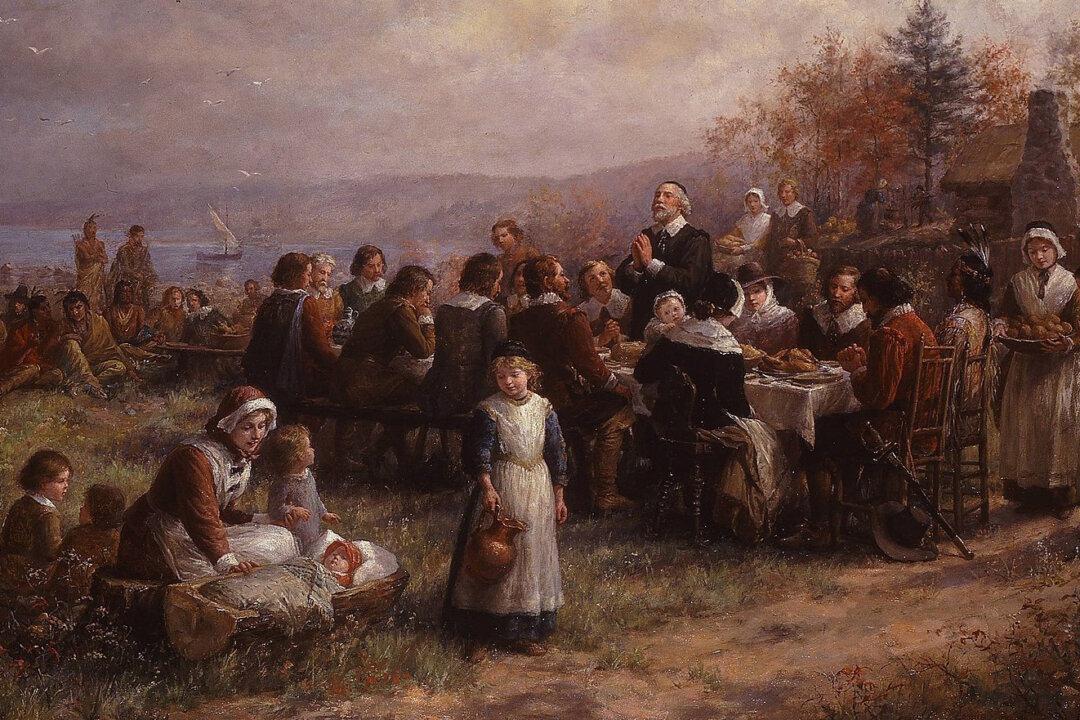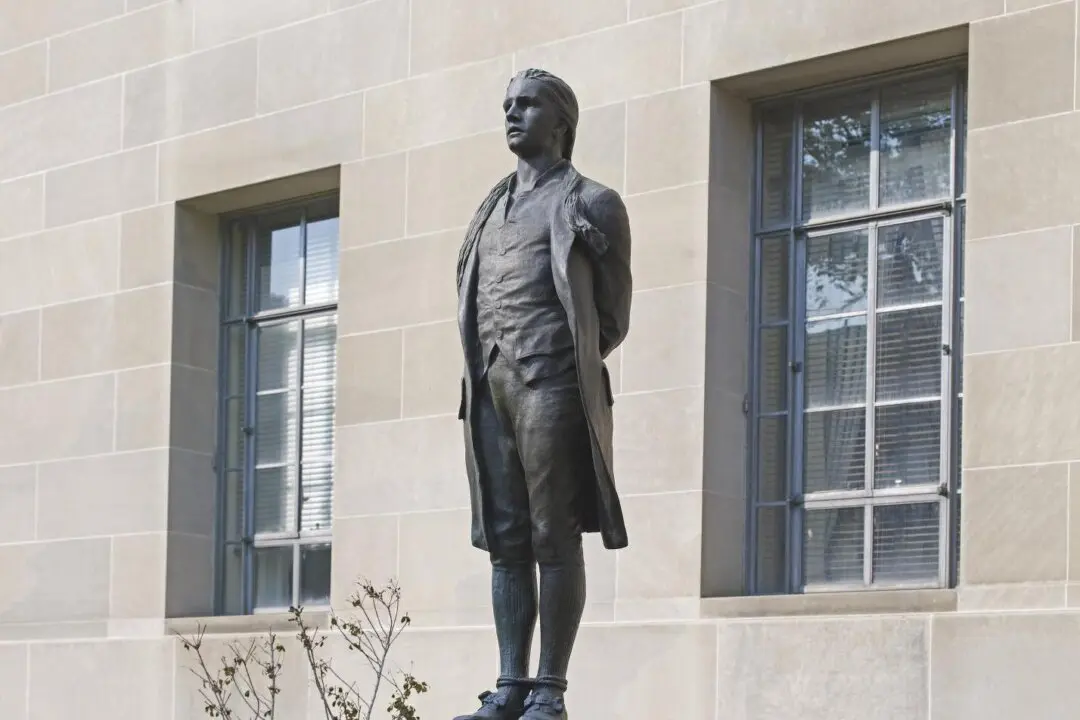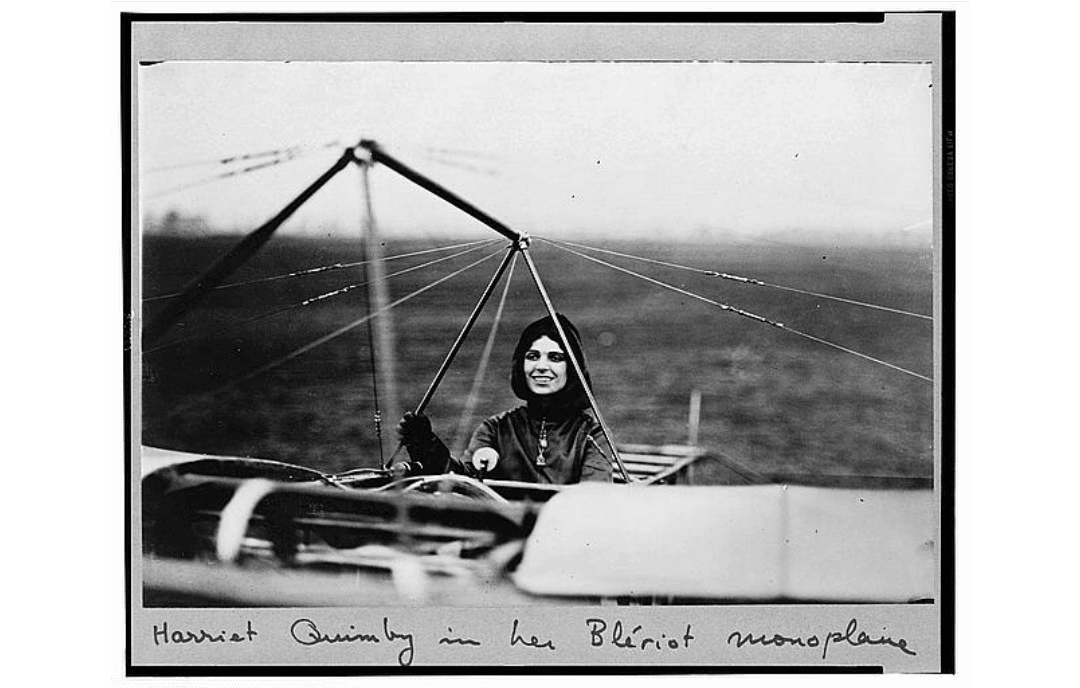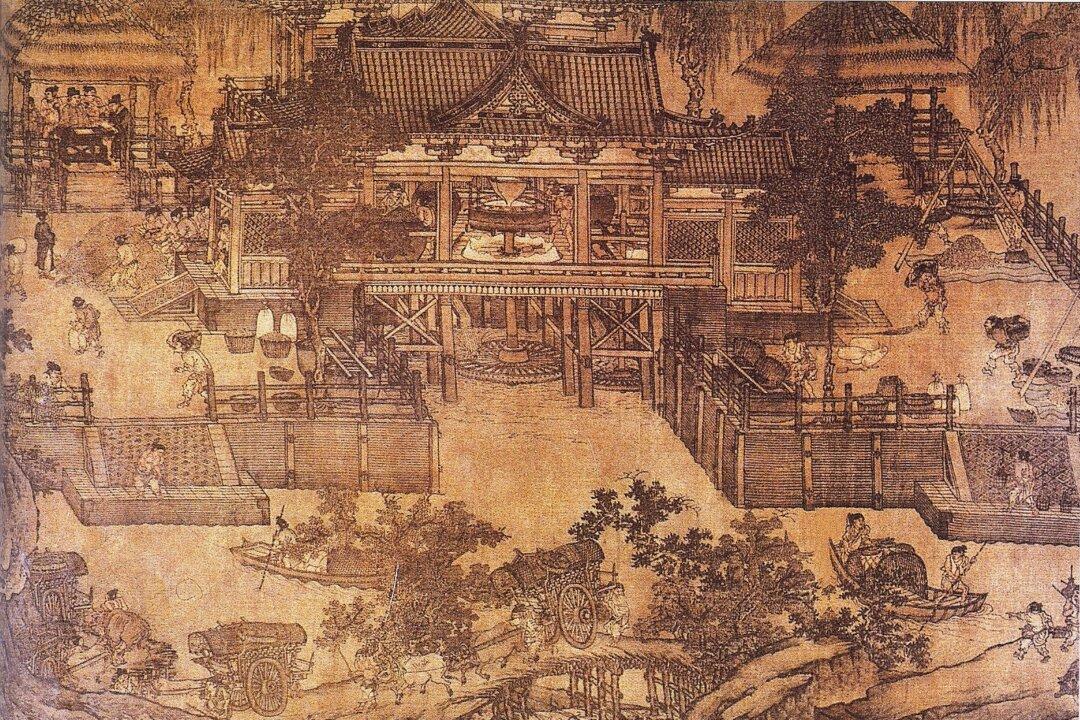Today marks an historic milestone. Its story is a real-life adventure marked by what some regard as pure luck while others label as miraculous.
Four hundred years ago—on March 16, 1621—an English-speaking Indian from the Abenaki tribe strode into the new settlement of Plymouth in present-day Massachusetts. He greeted the astonished Pilgrims and requested a beverage brewed from fermented cereal grains.






